Foreign trade brings European consumers more choice, higher quality goods and lower prices. International trade also strengthens the competitiveness of Europe's businesses, while harnessing sustainable development worldwide.
Over 600,000 small businesses in Europe export goods and services to the rest of the world and each has its own story to tell.
The benefits for exporters and importers are numerous, as the following case studies show.
Filter by
Exporters' stories (139)
RSS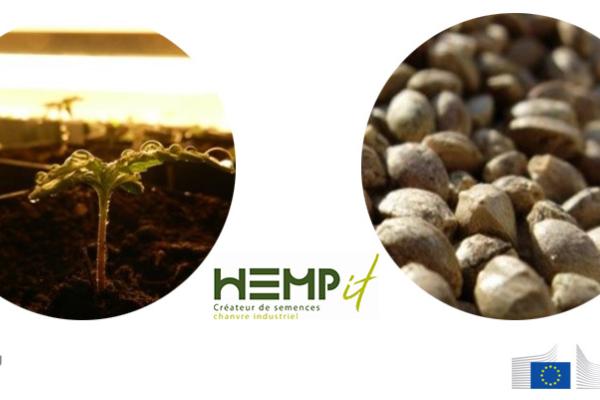
HEMP-it is a leading producer of certified industrial hemp seeds without THC (the main psychoactive component of the cannabis plant) since 1964.
In 2016, Blue Solutions was granted a contract by Singapore's Land Transport Authority and Economic Development Board to launch the city-state's first electric vehicle sharing scheme.
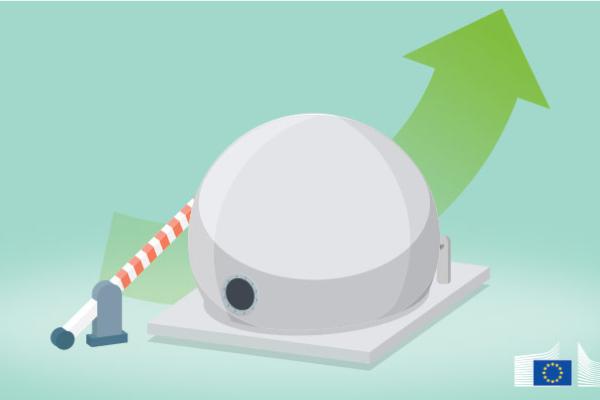
VSO Biogas Technologies is a Bordeaux-based business which specialises in gasholders and equipment for biogas storage. Since the 2011 trade deal, VSO’s trade with South Korea has been generating a turnover of between €100,000 and €300,000 each year.
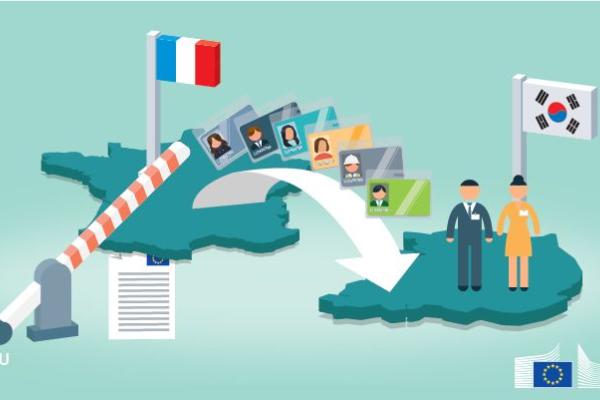
Evolis makes printing systems and plastic card personalisation solutions. The EU trade agreement with South Korea helps Evolis to offer its products to consumers at a more competitive price. Since the agreement entered into force, Evolis has seen an annual growth rate of approximately 17%.
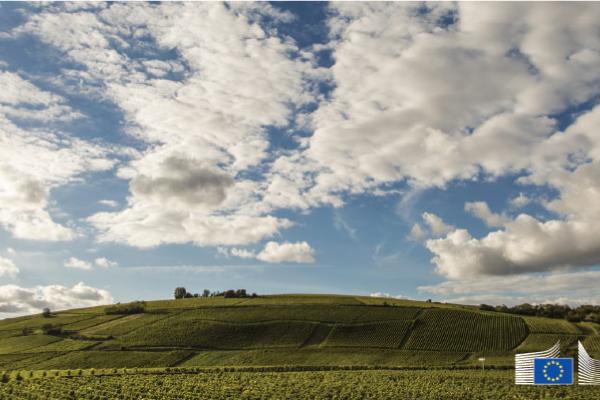
The 2011 EU trade deal with South Korea has enabled French wine producer, Pascal Jolivet, to take advantage of lower commercial barriers to trade. Just three years after the agreement entered into force, Pascal Jolivet’s exports to South Korea had risen to more than 5,000 bottles each year.

The 2003 EU-Chile trade deal cut import taxes and other trade barriers. This enabled French water treatment firm, Eau Pure, to enter the Chilean market, doubling turnover in two years. The workforce has also grown from 10 to 20 employees.
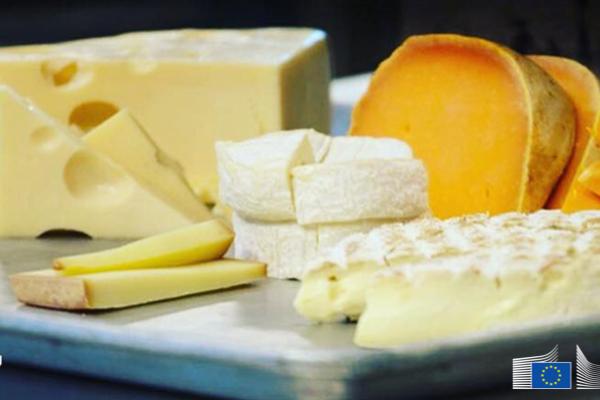
Based in Mexico City, the company imports and distributes European cheese to its customers throughout the capital. It reaches other parts of Mexico as well through events and local markets.
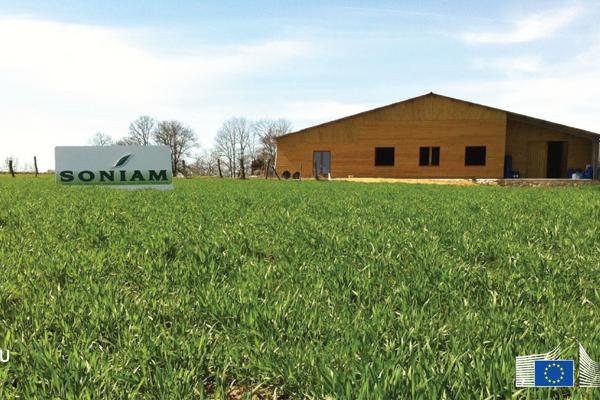
Laboratoire Soniam produces plant extracts for the cosmetics industry. The small company, situated in the Creuse region of France, benefited from the EU-South Korea trade agreement because the reduced tariff and administrative barriers helped the company to reduce the prices of its products.
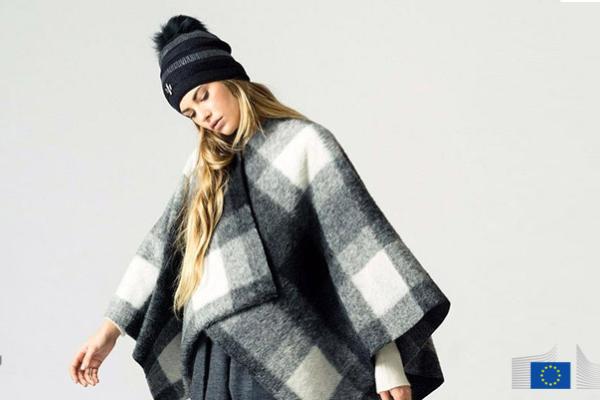
Pipolaki is a French company that makes warm headgear for winter sports. Canada’s cold, snowy winters make it an obvious market for warm berets and woollen hats.
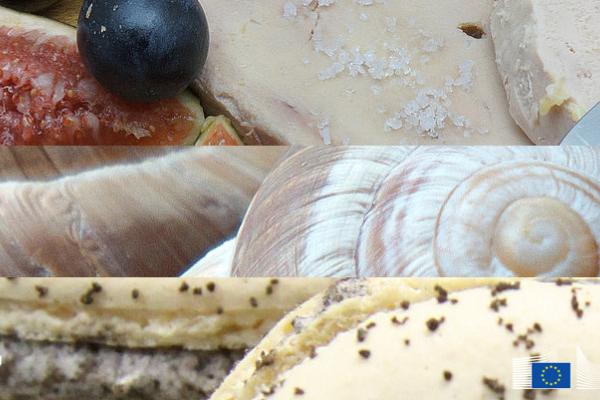
Missing the food culture from the motherland, the founder of this Sydney-based company started sharing his love for French food with Australian consumers.
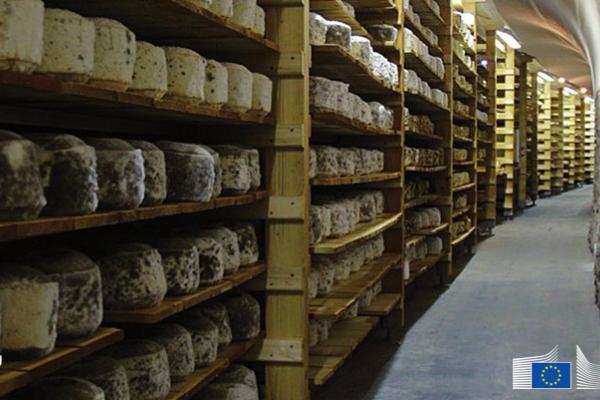
Maison Mons is a French family firm specialised in refining and selling exceptional cheeses. Founded in 1964, Maison Mons is renowned for the 'affinage' or refinement of its cheeses, where a combination of water, air and temperature is used to develop textures, aromas, flavours and rinds.
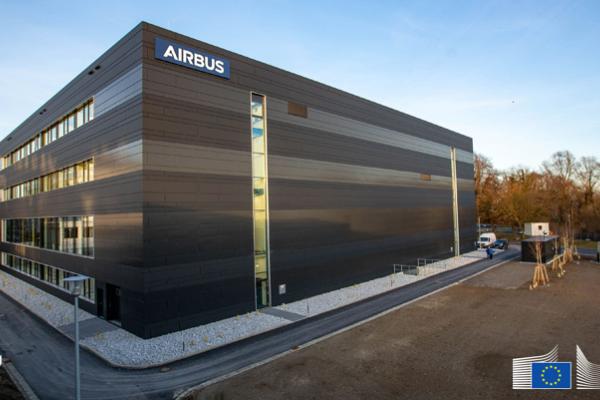
The Canadian Space Agency recently chose to work with Airbus as it explores possible concepts for future Canadian Earth Observation systems.
The EU-South Korea trade agreement abolished customs duties and reduced bureaucratic barriers to trade. As a result, German brewery Klosterbrauerei Neuzelle was thus able to increase its exports to South Korea by 400%.
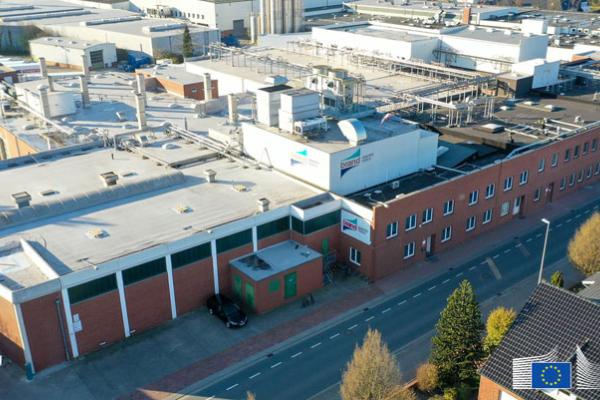
German firm Brand hopes South Korea's decision to open its market to German porcine products will inspire other large markets such as China and the Philippines to lift their own embargoes, which were imposed after an outbreak of African swine fever.
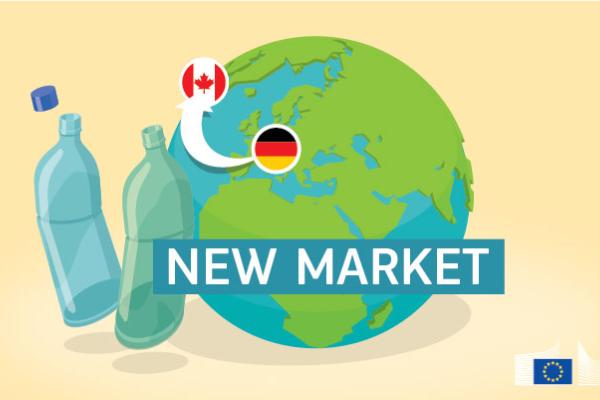
Reclay Group is an international service provider in packaging and waste management. It provides consultancy to governments in reaching their recycling targets. Reclay hopes to consolidate its position in Canada by participating in public procurement processes under CETA.
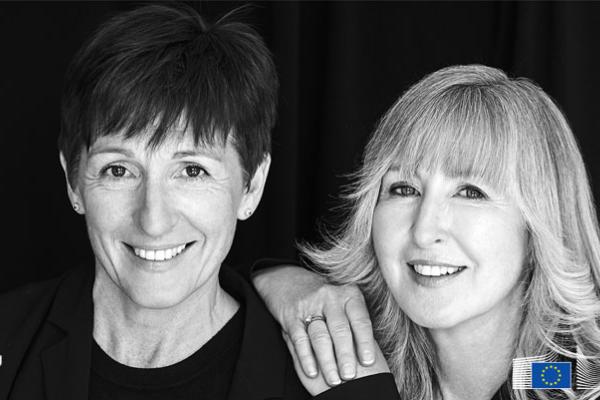
Sisters Gabriele Renner and Sabine Stein launched a business in their hometown of Ulm in 2010, based on applying 3D cooling techniques to clothing. Today, they export their products not just within the EU but to several markets outside of it.
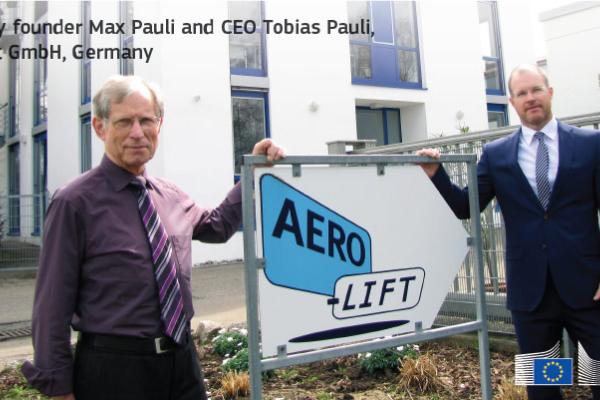
The 2000 EU-South Africa trade deal has enabled a small manufacturer of industrial lifting equipment from south-west Germany to take advantage of new export opportunities and hire workers. Its equipment has helped to improve working conditions and promote equal opportunities in South Africa.
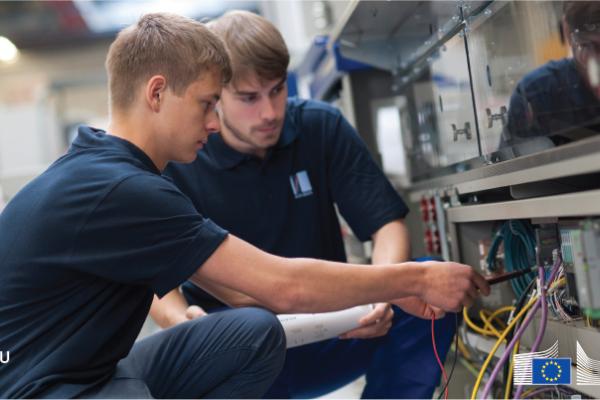
Kolbus, founded in 1775, is a German company from North Rhine-Westphalia which specialises in book binding and paper processing machines. The 2011 EU trade deal with South Korea abolished customs duties between the two partners, enabling Kolbus to offer its products at more competitive prices.
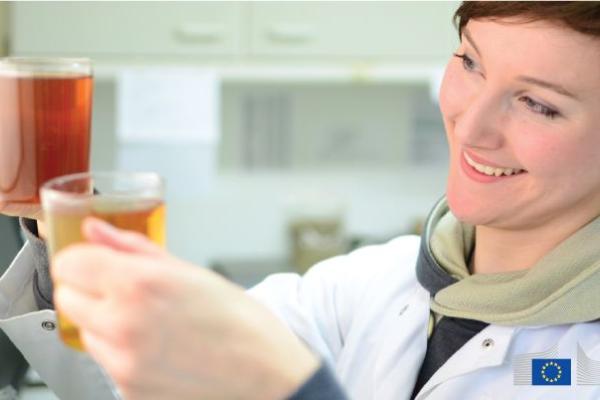
A Hamburg-based company benefits from reduced customs duties on the import of rose hips from Chile. As such, it saves about €24,000 per year due to the trade agreement between the EU and the South American country.

Katlenburger, a German fruit wine maker, was looking forward to tariff reductions under the EU-Japan Economic Partnership Agreement (EPA). It hasn’t been disappointed.
